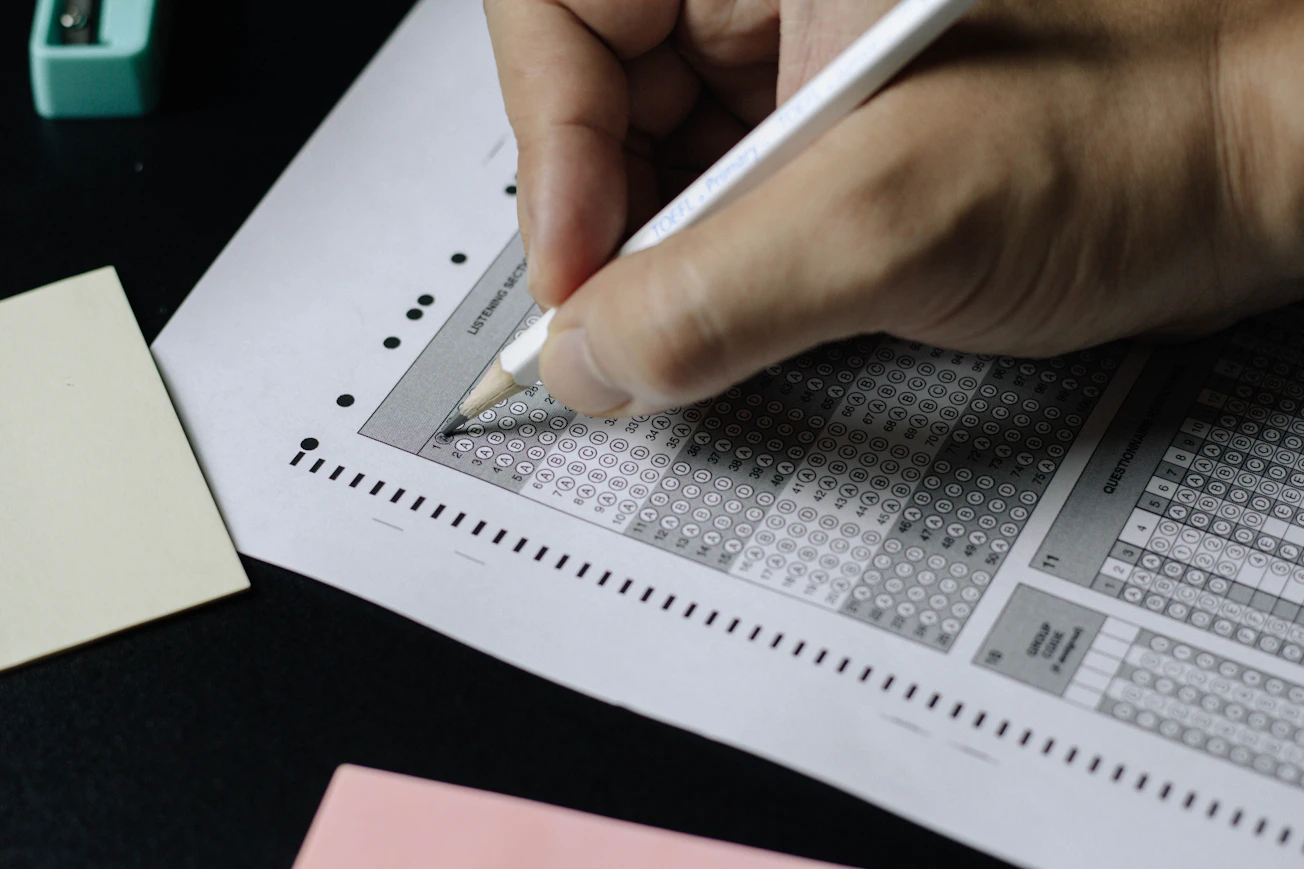Over seven months ago, we argued that colleges should reinstate standardized admission tests like the SAT/ACT as required elements of a high school student's application.
College admission tests measure scholastic aptitude and predict college readiness. Reading, writing, and math are skills taught to students throughout their school years, so the material should be readily apparent if they have been paying attention. Students prepare for these tests more by practicing than studying. This is why we made the case that school districts should provide free testing resources to help students take these qualifying tests.
At the time, we were alarmed by what colleges had been doing since 2020. The raging pandemic prevented students from appearing in testing centers to take the SAT/ACT, so colleges began to accept high school applications without test scores.
As race relations returned to the public sphere in post-George-Floyd America, colleges made a political move to appease the Left. Terrified to invite a public backlash when organizations nationwide were rushing to embrace DEI policies, nearly 1,900 colleges slowly dismantled the SAT/ACT requirement. They went test-optional or test-blind into the foreseeable future. Some institutions, like the University of California system colleges and the University of Chicago, made the changes permanent.
Some elite colleges are changing course. On Monday, the University of Texas, an elite Tier-I research institution, announced that it would begin requiring students to submit test scores for the incoming high school class of 2025.
Other elite institutions have begun to announce that they will also require the SAT. Yale, Brown, Dartmouth, Purdue, and Georgetown used roughly the same logic as MIT did two years ago. Yale said it best:
When used thoughtfully as part of a whole-person review process, tests can help increase rather than decrease diversity in our class.
The Left is furious at the reversing trend. Organizations such as Fairtest insist that the SAT is fundamentally flawed. They use race and class rhetoric to drive home their hatred.
The SAT is an extraordinarily effective self-validation mechanism for an elitist "meritocracy" that continues to perpetuate itself. It is designed to maintain the existing class structure.
Fairtest doubled down on its criticisms this month with a provocative report titled: "Why college admissions should remain test optional/test free." The arguments were from a single author engaging in the equivalent of a shouting match. [The report shows two authors, but the body of the report continually refers to the pronoun "I," indicating that just one person wrote the report, which was not adequately proofread and published in a rush].
America spends $870 billion on schooling our children. Fairtest's assertion that the American education system is still wrapped in some Civil War-era class structure is nonsense. Total expenditures for public elementary and secondary schools in the United States were $870 billion in 2019–20 (in constant 2021–22 dollars). This amounts to an average of $17,013 per public school pupil enrolled in the fall of that school year, one of the highest in the developed world. The goal is to help make K-12 education free and as class-neutral as possible.
Parents routinely approve increases in local requests for funding to offer better public education to K-12 students. Student transportation to and from school across America is free. Children from low-income families are provided nutritious meals in school practically for free, and there is free health insurance. Low-income families in rural areas get subsidized internet access.
Schools spend billions of dollars to maintain library and computer facilities on campus, all free. Public libraries offer free computer workstations. Charities like the Khan Academy offer free SAT tutoring online. Schoolhouse.world, a sister initiative of the Khan Academy, even provides free unlimited online SAT tutor-learner sessions. If children qualify for subsidized lunches in school and wish to take admission tests such as the SAT or ACT, they are exempt from paying test-taking and score-reporting fees.
Regarding preparing students for college, the US Department of Education operates nationwide federal TRIO programs, which identify and provide services for students from disadvantaged backgrounds. These programs offer free counseling, summer programs, research, computer training, and connections to university faculty to help students obtain degrees and careers. Charitable organizations like Questbridge work with outreach programs at the most elite schools to reach and recruit low-income students - for free.
What class structure is Fairtest complaining about? Wealthy school districts may have more arts and athletics programs, but it is clear that eager minority and lower-income children are not at a disadvantage compared to more affluent families.
Some elite schools finally saw the light. Brown took up the issue of academic success in college:
Our analysis made clear that SAT and ACT scores are among the key indicators that help predict a student's ability to succeed and thrive in Brown's demanding academic environment.
UT Austin said that students who submitted test scores had nearly a 1.0 GPA higher grade than those who did not submit scores:
The higher standardized scores translated on average to better collegiate academic performance. Of 9,217 first-year students enrolled in 2023, those who opted in had an estimated average GPA of 0.86 grade points higher during their first fall semester, controlling for a wide range of factors, including high school class rank and GPA.
Honoring merit finally returns. The American higher education system is the crown jewel of learning and research, where merit matters. The SAT and ACT are excellent predictors of academic performance in college.
We congratulate the elite schools that made thoughtful decisions based on data rather than relying on feel-good factors that may give them favorable treatment by the liberal media. Their decisions will now provide cover to other schools to correct course in the coming months and restore merit to college admissions.
Rajkamal Rao is a columnist and a member of the tippinsights editorial board. He is an American entrepreneur and wrote the WorldView column for the Hindu BusinessLine, India's second-largest financial newspaper, on the economy, politics, immigration, foreign affairs, and sports.









